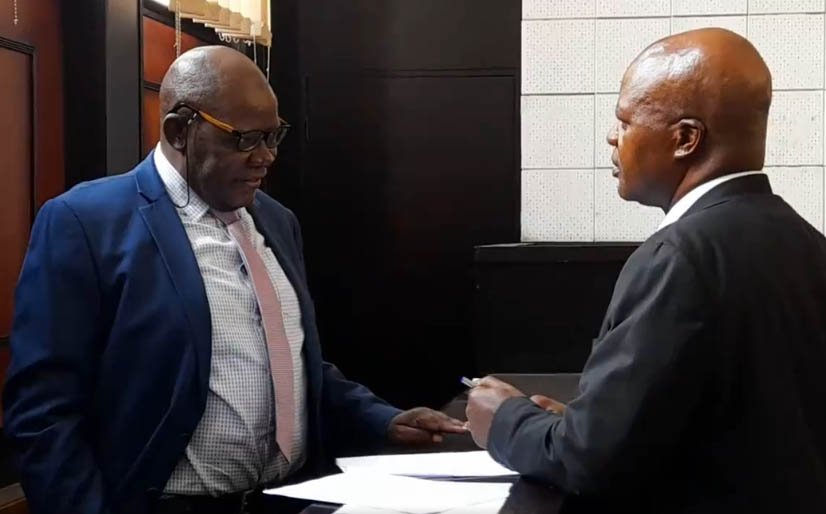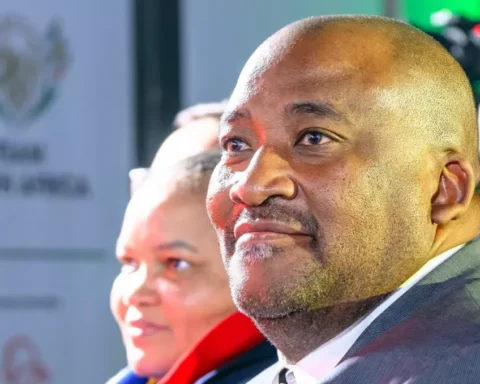Justice Gladys Mhuri of the High Court dismissed an application by lawyer Tendai Biti, seeking the rescission of a default judgment against him in a defamation lawsuit initiated by Augur Investments. This decision marks a pivotal moment in the legal battle involving prominent business figures and the opposition politician.
The case stems from allegations made by Biti in December 2020, which Augur Investments, its Chief Operations Officer Tatiana Aleshina, and Chief Executive Officer Kenneth Raydon Sharpe claimed were defamatory. The dispute escalated to the courts, with the plaintiffs seeking substantial damages totaling US$1 million. Sharpe and Aleshina have also accused Biti of pursuing a malicious agenda against them, underlined by contentious social media posts attributed to the politician.
Justice Jacob Manzunzu had previously issued a default judgment against Biti, who subsequently sought to overturn this decision, arguing for its rescission on grounds that included his pursuit of relief through the Supreme Court—a move that was ultimately unsuccessful.
In her judgment, Justice Mhuri highlighted several factors in her decision to dismiss Biti’s application, including the length of delay in filing, the unsatisfactory explanation provided for this delay, and the legal missteps in appealing a default judgment. Mhuri’s ruling underscores the principle that such judgments are not ordinarily appealable, emphasizing the seasoned lawyer’s misjudgment in navigating his defense.
Biti’s legal team faced criticism for their handling of the case, particularly the decision to delegate representation to Tapiwa Chipandu during a crucial hearing, without formally changing the attorney of record. This misstep, among others, led to the application’s dismissal with costs, effectively allowing the defamation suit to proceed toward a trial.
This legal setback for Biti not only highlights the complexities of defamation law but also signals the judiciary’s insistence on strict adherence to procedural rules. As the case moves forward, it serves as a reminder of the high stakes involved in legal confrontations between political figures and business leaders in Zimbabwe.








